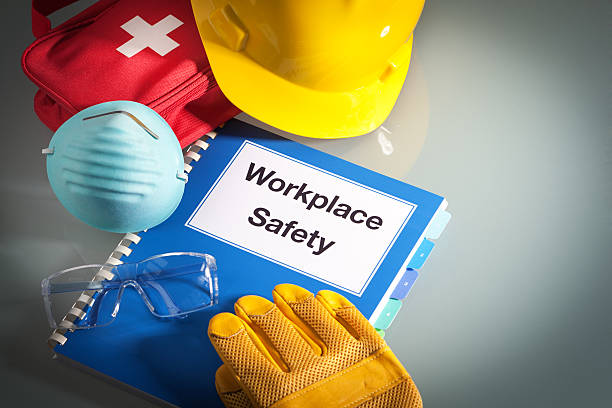
Top Industries
Quick Links
Subscribe Now
Join Thousands of Industry Leaders!
Copyright © 2025 Companies in UAE. All rights reserved.
June 26, 2025
companies.uae

In construction, safety is not a best practice; it is a requirement. Construction companies operate with high-risk activities, large machinery, complex logistics, lots of working conditions, and a duty of care to the workers, clients, and the environment. This is where the HSE policy comes in.
HSE (Health, Safety, and Environment) policy describes a company’s commitment to avoiding injuries, minimizing environmental impact, and providing compliance on all construction projects. Construction companies in the UAE, UK, India, and the world have been developing their HSE policies to not only avoid fines but also to develop trust and ensure the sustainability of success in their projects.
What is an HSE policy in construction?
An HSE policy is a formal declaration that sets out the company’s commitment to health, safety practices, and environmental protection at work. For construction companies, an HSE policy means needing to implement
While this document is often legally required in most countries, it is a culturally entrenched document that foreshadows how a construction company works
Why HSE Policies Matter More Than Ever
The construction industry today is evolving rapidly with greater risk now than before. Projects are larger, timelines are shorter, regulations are stricter, and awareness of workplace health and safety is higher than ever. Companies can manage risk through a comprehensive HSE policy, which allows for
Clients and owners are requesting HSE certification standards such as ISO 45001 and ISO 14001. If you do not have a sufficient HSE foundation, you may not win tenders or may have to shut down mid-project.
Key Features of an Effective HSE Policy
Every construction company’s HSE policy will be different and fitting to the scope, geography, and scale of their project. Established policies will typically contain at least the following:
This means offering routine health checks for employees, mental health provisions, hygienic working conditions, and pandemic measures (like safeguards in place for COVID-19).
The critical features surrounding safety practices are site-specific hazard assessments, appropriate use of the right PPE, scaffolding safety, crane operations, fall protection, and equipment checks.
The planning procedures for waste disposal, water use, tracking emissions, and erosion control.
Every worker (even the most seasoned workers, including project managers) should be informed about site safety rules and relevant environmental laws and regulations. Particularly toolbox talks, site-based drills, or refresher courses are common vehicles for driving home the points learned.
An HSE plan describes how to respond to incidents including fire, entry and exit collapses, spills of chemicals, or medical emergencies, as well as how to report and investigate them.
HSE officers understand the need for monitoring, such as regular audits, the identification and monitoring of key performance indicators (KPIs), and providing suggestions for improvement of safety and environmental management.
Construction businesses that actively implement and assess their HSE policy will receive the following direct benefits:
HSE Trends and Innovations in the Construction Sector
Today’s HSE policies are no longer simply paper checklists. Smart companies are using
All of these innovations do more than save lives—they can save money and foster trust with stakeholders.
Conclusion
A good HSE policy should be more than just a policy. A good HSE policy is a commitment. It signifies a construction company’s commitment to its workers, its environment, and its work.
The construction industry is transforming. We are moving toward a future based on sustainability and digital transformation, all of which will need to remain grounded in health, safety, and environmental performance. Construction companies that commit to leading with safety and sustainability will be the driving force behind the skylines and communities of tomorrow.
Whether you are a project developer, a general contractor, or a client, as part of your due diligence, you should assess any company’s HSE policy because, to the construction industry, safety is not a cost—it’s an investment.
Discover how top construction firms implement HSE policies to protect workers, aid in compliance, and improve sustainability on job sites. An essential read for the industry.

Join Thousands of Industry Leaders!
Copyright © 2025 Companies in UAE. All rights reserved.